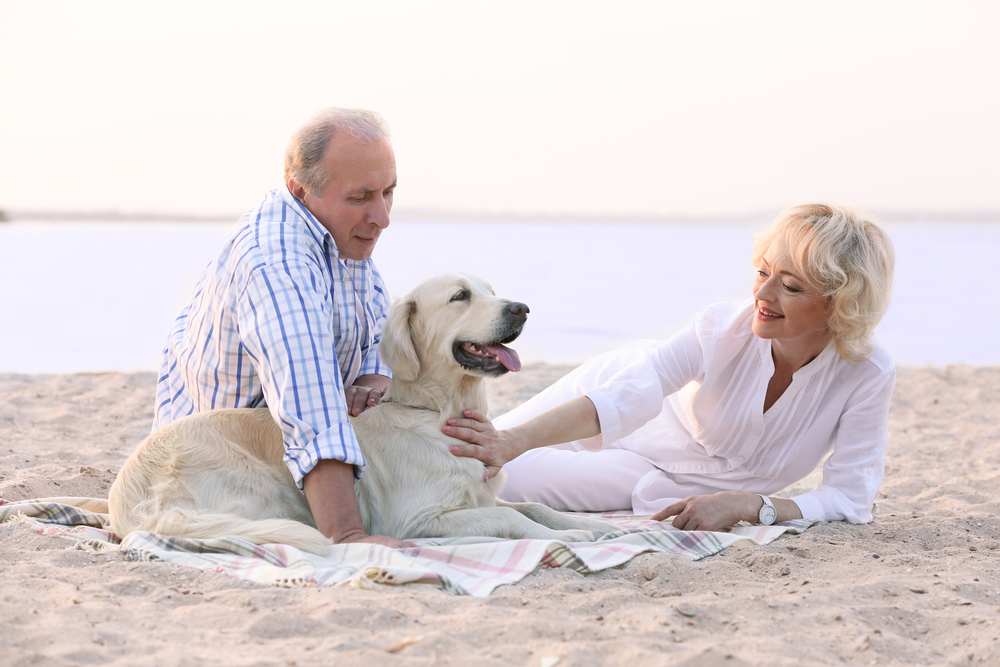Cigna is adding the Health & Wellbeing module to all health insurance policies purchased up until the end of May completely free of charge and for the lifetime of the policy. CLICK HERE to request a quote.
The expat world has seen some significant changes as a result of COVID-19. Countrywide lockdowns, travel restrictions and new ways of working have radically transformed the day-to-day lives of many people, especially those living abroad. Although the pandemic has now loosened its grip, its repercussions can still be felt across the globe. In this article, we look at a recent survey by Cigna, which examines how expat well-being has been affected by COVID-19 and its aftermath.
To monitor and track the annual evolution of the well-being of expats, the 2021 Cigna 360 Well-Being Survey – On the Road to Recovery, looked at five key components: family, financial, physical, social, and work. In partnership with Kantar, Cigna International analysed the findings to uncover the latest trends and challenges for health and well-being. The survey included responses from 18,043 people aged 18 or above, in 21 markets around the world.
Moving Abroad Remains Popular
Overall, the survey results indicate that, despite the stresses of the pandemic, people are still keen to relocate. Of the local employees canvassed, 23% expressed a wish to relocate within the next two years. Meanwhile, 37% of those currently living abroad expressed a desire to return home.
The survey also suggests that the phenomenon of the digital nomad continues to grow. The ‘working from home’ principle generated by the pandemic has led to expanded horizons and new expectations on the part of both employees and employers. Some major companies have been revisiting the way that their workforce can operate globally. The digital nomad population in the USA has risen by 50% since 2019, and is expected to grow further.
Newer, Younger Expats Less Affected By COVID Restrictions
A significant proportion (23%) of the expats canvassed by Cigna International were in their first year of living abroad, and their responses indicate that they were less affected by COVID-19 and its restrictions than other expat groups. This is almost certainly due to the resilience of youth, and to that ‘wide eyed explorer’ phase familiar to all expats, where everything is a novelty and thus further changes become incorporated into the general zeitgeist. This is not to say that stress levels among this group are not high. Responses suggested that it’s more stressful to be an expat than a local.

Expats in their first year of living abroad were less affected by Covid-19
Affording Medical Care Is A Concern For Some
Expats who had been living abroad for one to two years also reported relatively high levels of well-being, scoring 70.4 points compared to the 67.2 points scored by the average expat population. However, this group did have concerns about being able to meet their family’s medical needs, and expressed worries about their financial futures. Fewer than half were confident that they could maintain their current standard of living (47%).
The smallest group canvassed were those who had lived abroad for between three and five years (reflecting the length of most work contracts). This group benefitted from high levels of job stability and the lowest percentage (15%) across the groups surveyed of those reporting unmanageable stress.
Experienced Expats Feeling Stressed But Resilient
Seasoned expats are those who have lived abroad for longer than five years. Overall, their general level of well-being was lower than other groups (at 64.3 points), and stress levels were at 86% – close to the global average of 89%. Despite their low well-being score, however, they did achieve the highest resilience score (49% vs 45%), and this is likely attributable to their familiarity and sense of connection to their communities, as well as their lengthier experiences of living abroad. The survey also showed that this group is less likely than other groups to seek medical help via virtual means.

Seasoned expats achieved the highest resilience score
Expat Tips To Improve Well-Being
Cigna International offer expats four tips to cut stress and improve optimism:
1. Take time out: if something is causing stress, taking even 10 minutes away to spend with friends or family, for example, will help. It sounds obvious, but so many of us have felt the need to be ‘always on’ while we have been working from home that we have not always felt empowered to take even this little step.
2. Exercise regularly: you do not have to run a marathon to experience the positive effect of endorphins. Moving for 30 minutes a day will help reduce your stress levels and give you a positive uplift.
3. Manage your diet: watching what we eat can have a very positive effect on stress levels. Wheat and gluten, for example, are difficult to digest and can cause spikes in insulin, in turn raising stress levels. Reducing our intake of biscuits, cakes, bread and even pasta can have a positive effect on our ability to manage stress.
4. Regular sleeping patterns: aim to go to bed and get up at the same time every day, even at weekends. Avoid the temptation to stay up late. A good routine, ensuring your bedroom is dark (for example using blackout blinds or an eye mask), quiet (or with white noise to cancel out extraneous noises), and at the right temperature, will give you the best possible night’s sleep.
Cigna’s Health And Well-Being Module – Free For A Limited Time
As the world emerges from the pandemic, the challenge will be seeing how people are able to carry good habits into their post-pandemic lifestyles. To help expats manage their overall health and well-being, Cigna is now offering an international health and well-being optional module. The module includes:
1. Non-symptomatic annual routine physical examinations
2. Preventative cancer screenings (including screenings for cervical, prostate and bowel cancer, as well as mammograms to detect breast cancer)
3. Dietician consultations
4. Telephonic wellness coaching (including access to a personal wellness coach for lasting lifestyle changes, mindfulness coaching, online cognitive behavioural therapy, and much more)
SPECIAL OFFER: Cigna is adding the Health & Wellbeing module to all policies purchased up until the end of May completely free of charge and for the lifetime of the policy. CLICK HERE to request a quote.

